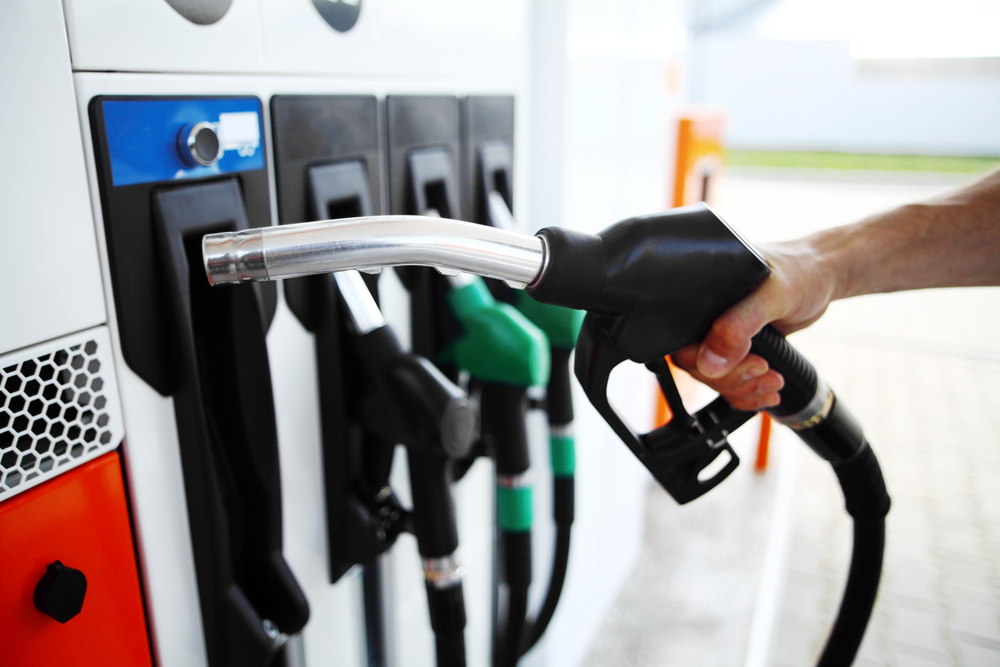Household Bills
Higher fuel prices drive inflation to 20 month high

UK consumer price inflation (CPI) rose to 0.6% last month, the highest level since November 2014, figures show.
The small uptick from the 0.5% rate recorded in June was mainly down to rising prices for fuel, alcoholic drinks and hotel rooms, according to the Office for National Statistics (ONS).
These upward pressures were partially offset by falls in social housing rent, and falling prices for certain games and toys.
The rate is still some way off the Bank of England’s official target of 2%.
This is the first piece of hard economic data since the EU referendum result on 24 June.
However, Ben Brettell, senior economist at Hargreaves Lansdown, said it does not paint a clear picture of the post-Brexit vote landscape.
He said: “The ONS collects data in the middle of each month, so the prices were collected just two or three weeks after the vote.
“It’s almost certain that the weaker pound will cause inflation to rise more sharply in the coming months, but the effect of sterling’s depreciation will take time to feed through fully into the figures as businesses gradually adjust to the new environment.”
Forecasts suggest CPI inflation could ultimately reach 3%.
However, Brettell said this will be a temporary factor: “Assuming sterling remains weak, the effect will fall out of the year-on-year calculation in the second half of next year.”
The Bank of England is widely expected to leave rates on hold at its next meeting in September, though swap markets are pricing in around a 33% chance of a cut to zero by the end of the year.
More bad news for savers
The increase in CPI spells more bad news for savers, already struggling with record low interest rates, as inflation creeps towards the average return on savings accounts.
Gareth Shaw, head of consumer affairs at Saga Investment Services, said: “In a month’s time, savers could well be losing money in real terms.
“The Bank of England’s data show that the average return on a cash ISA now sits at 0.65%, meaning that savers are making next to nothing in deposit accounts. And the struggle to get a decent return from cash is getting harder, with popular interest-paying current accounts beginning to offer less attractive rates.”
Charlotte Nelson, finance expert at Moneyfacts.co.uk, said: “Two years ago the top paying easy access account paid 1.50%, but today’s saver will need to fix for a whole year to achieve that rate. With providers no longer needing savers’ funds, the life of the cash saver has just got even harder, so anyone looking to get a decent return on their savings will need to act fast and soon.”